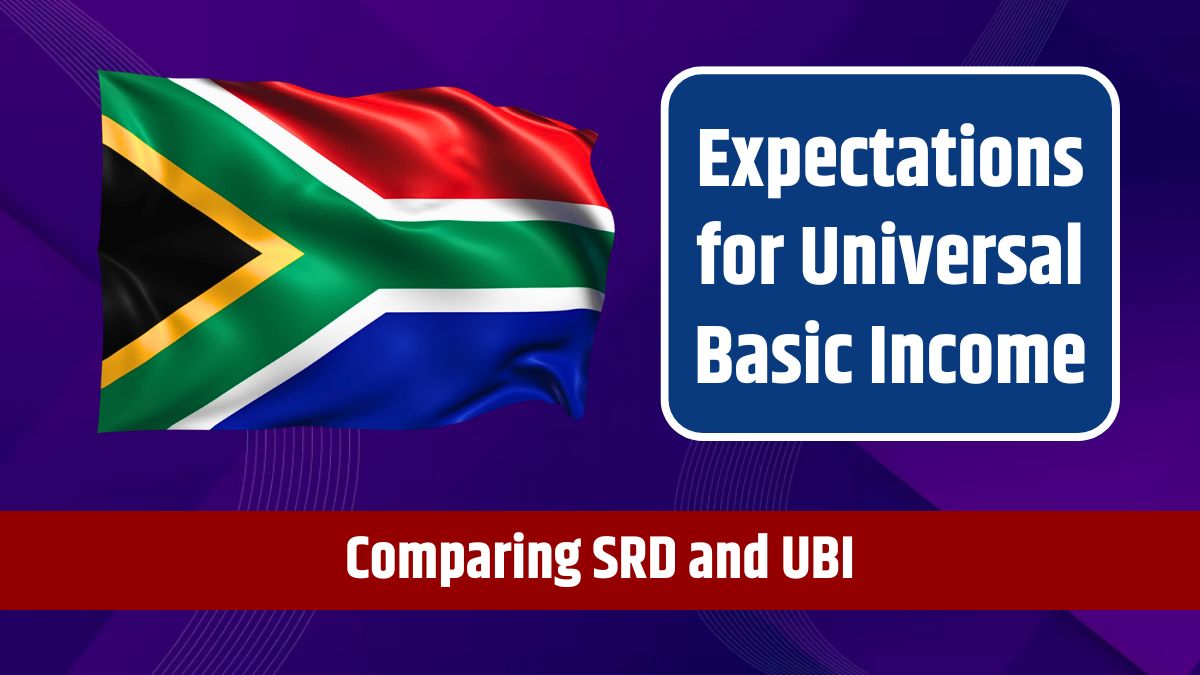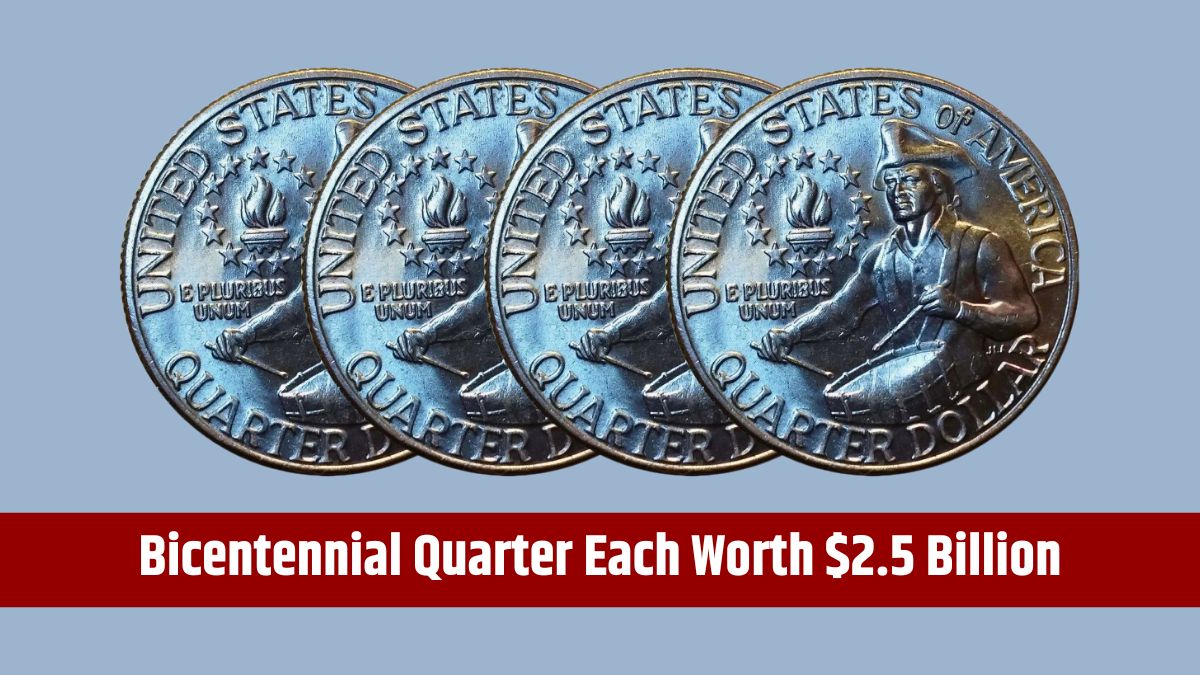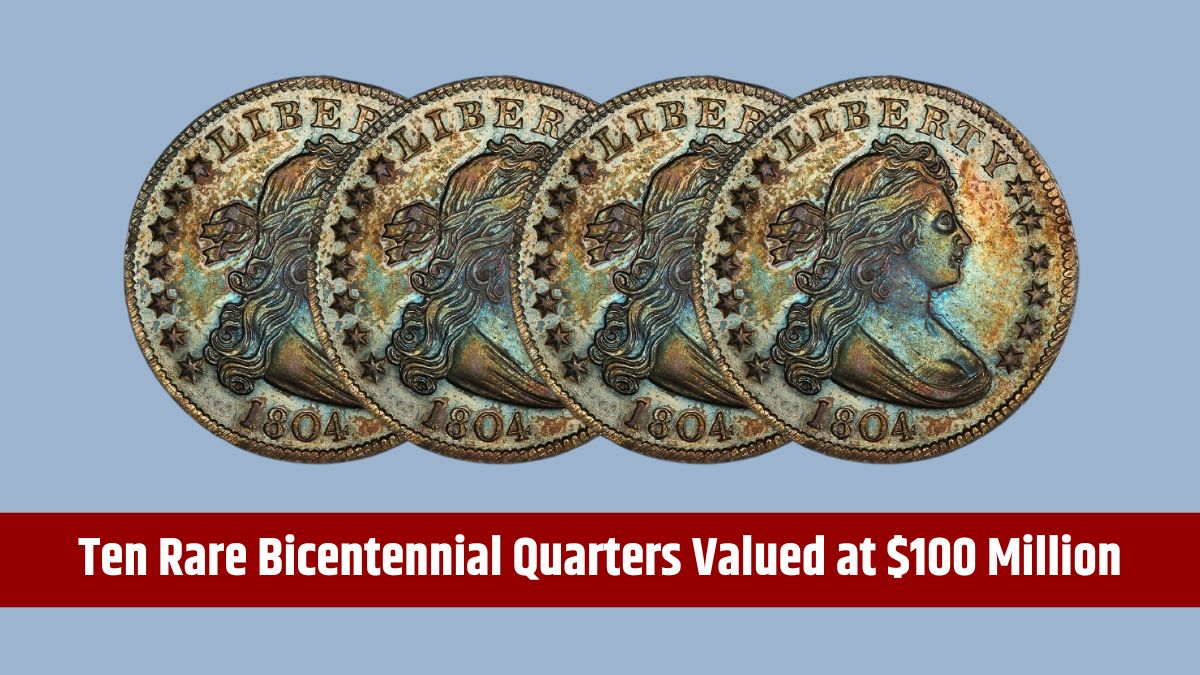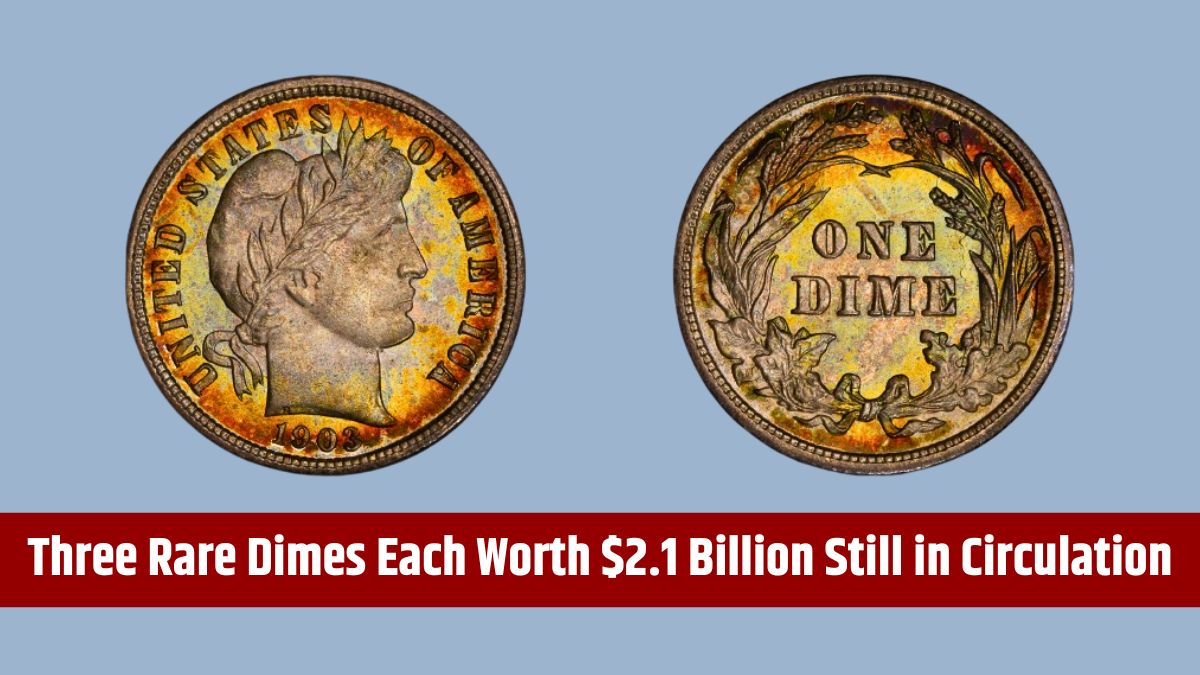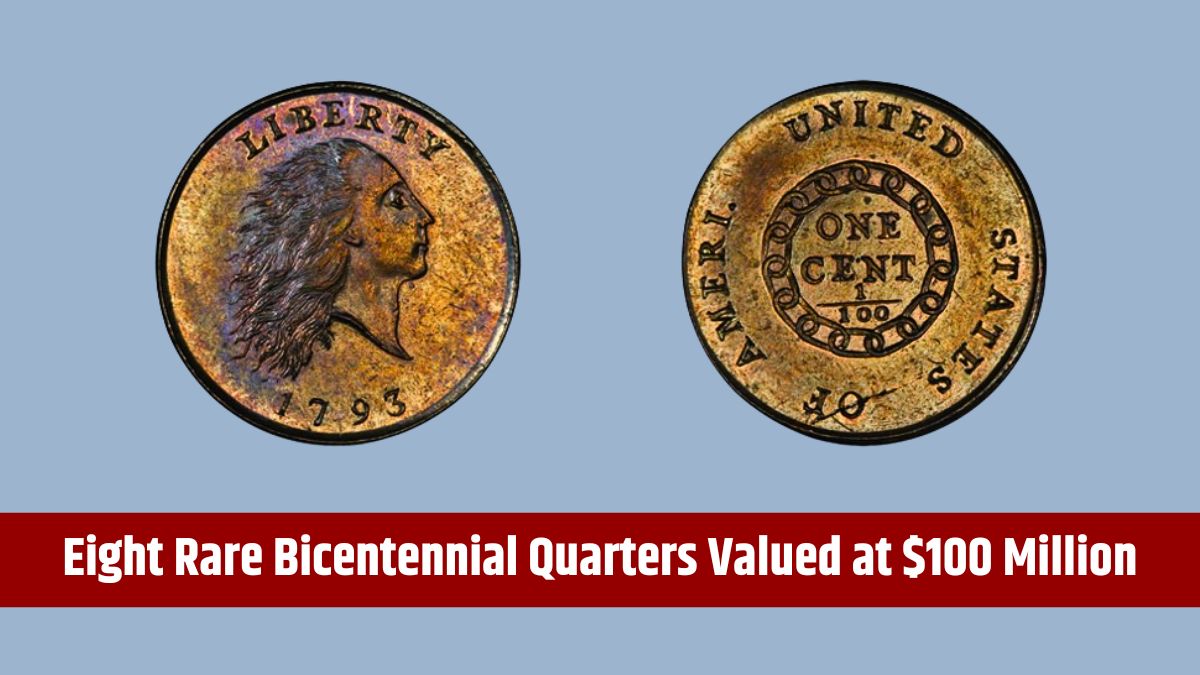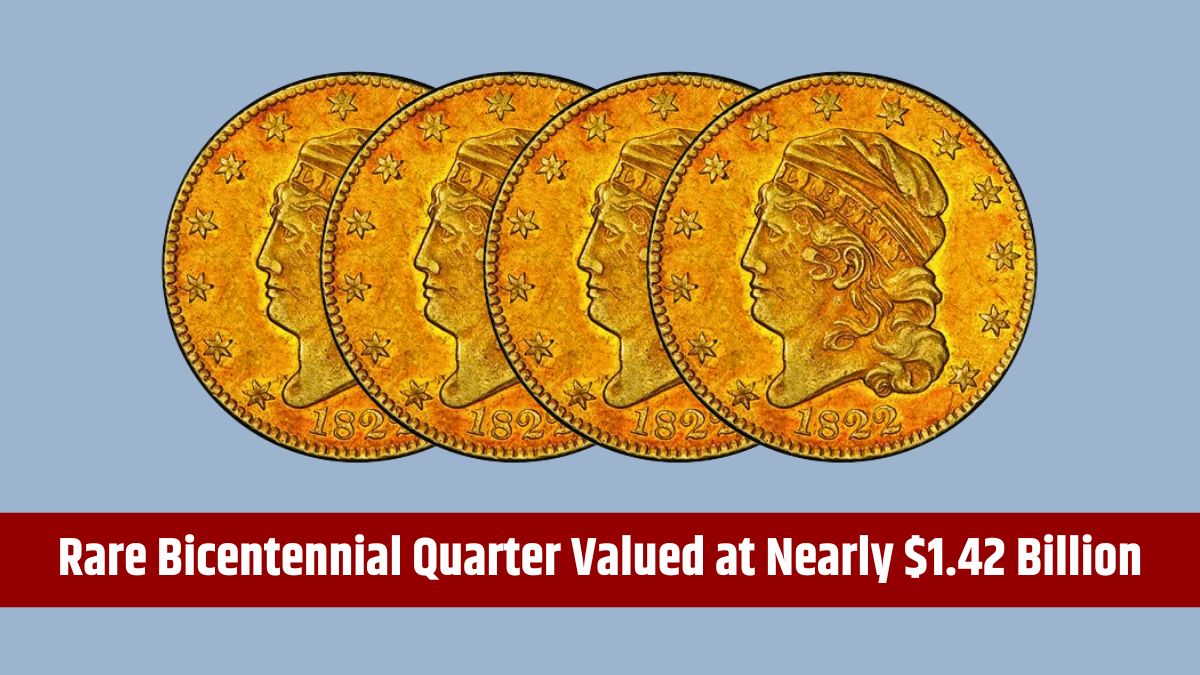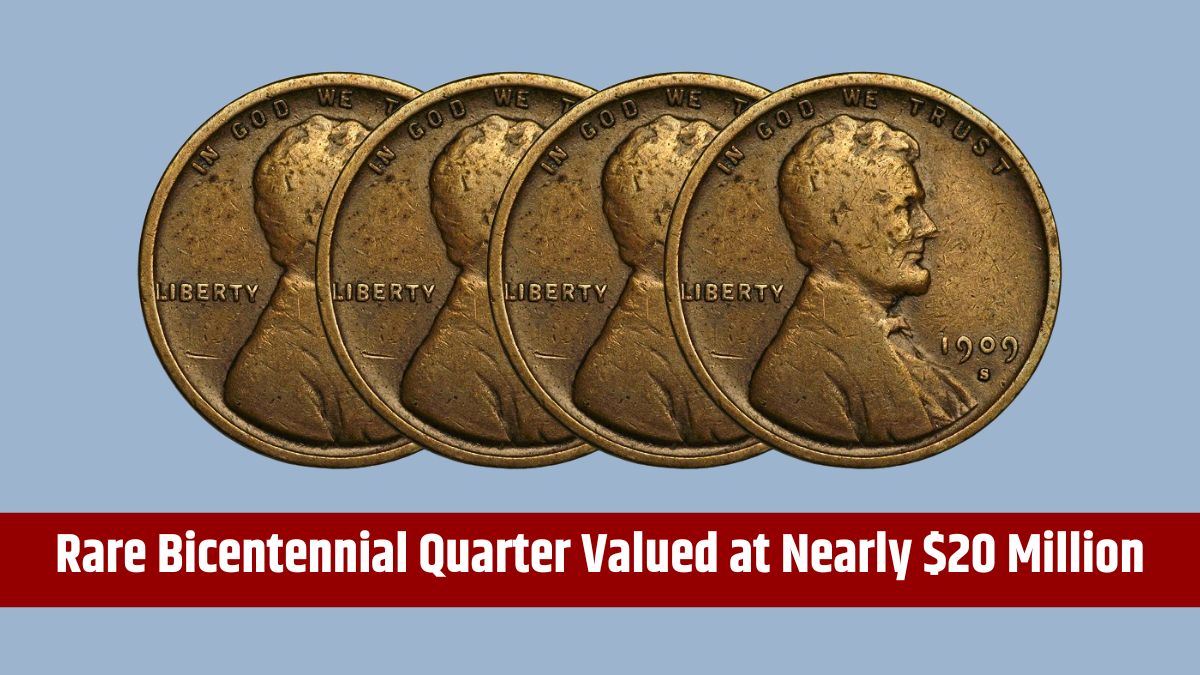South Africa is on the brink of a significant social and economic transformation with the planned rollout of a Universal Basic Income (UBI) program in 2024-2025. This initiative represents a fundamental shift from the temporary COVID-19 Social Relief of Distress (SRD) grants to a potentially permanent financial support system for eligible citizens. The UBI program is set to redefine the landscape of social welfare in South Africa, offering broader and more consistent financial aid to its citizens.
UBI Expectations
The COVID-19 pandemic highlighted the vulnerabilities in South Africa’s social safety nets, leading to the introduction of the SRD grant in 2020. The SRD provided temporary financial relief to unemployed individuals who met specific income-based criteria. While it was a crucial lifeline during the crisis, the SRD had its limitations. It was a temporary measure, conditional, and created uncertainty for beneficiaries due to its intermittent availability. Additionally, the SRD did not cover all vulnerable populations, leaving gaps in the support system.
In contrast, the UBI program proposed for 2024-2025 aims to provide a more inclusive and stable financial safety net. Unlike the SRD, the UBI will offer financial aid to most adult citizens within a specified age range, regardless of their employment status or income level. This shift is designed to reduce poverty on a broader scale, foster economic participation, and empower individuals by providing financial security without restrictions on how the money is spent.
The UBI is envisioned as a long-term solution, offering a consistent source of income to help citizens meet their basic needs. This approach is expected to contribute to social empowerment and reduce economic inequality, positioning the UBI as a cornerstone of South Africa’s social welfare system.
SRD vs. UBI
The introduction of the UBI marks a significant departure from the SRD, with key differences that reflect the changing priorities in South Africa’s approach to social welfare. Here’s a breakdown of the major distinctions:
- Eligibility: The SRD was targeted at unemployed individuals between the ages of 18 and 60, requiring them to meet specific means-tested criteria. In contrast, the UBI will be available to all adult citizens aged 18 to 59, irrespective of their income or employment status. This broader coverage is intended to include a wider segment of the population.
- Conditionality: The SRD was a conditional program, requiring recipients to reapply periodically and prove ongoing financial need. The UBI, on the other hand, will be unconditional, with no strings attached. This means that recipients will not have to meet specific conditions or reapply to continue receiving the benefit, thereby fostering greater individual agency.
- Duration: The SRD was introduced as a temporary measure in response to the pandemic, providing short-term relief during a period of economic hardship. The UBI, however, is designed as a permanent fixture in the social welfare landscape, offering long-term financial stability and security.
- Impact: While the SRD provided critical support to those in immediate need, its impact was limited by its temporary nature and the administrative burdens associated with means testing. The UBI has the potential to make a more significant impact on poverty reduction, economic growth, social empowerment, and inequality reduction by providing a consistent and reliable source of income to a broader population.
Despite these advantages, both programs face challenges. The SRD struggled with limited reach and its temporary status, while the UBI will need to address concerns about long-term fiscal sustainability, potential disincentives to work, and the efficiency of its administrative system.
Key Considerations
The UBI holds great promise, but its success will depend on securing sustainable funding. While the South African government has committed to implementing UBI, the specifics of its funding mechanism are still being finalized. The grant amount has been discussed in the range of R800 to R1,200 per month, though this is yet to be confirmed.
The UBI is expected to replace the SRD and could potentially supplement existing social grants like the Child Support Grant and the Old Age Pension. The introduction of UBI could have a transformative effect on South Africa’s social and economic landscape, helping to reduce poverty, boost the economy, empower individuals, and reduce inequality.
South Africa’s decision to implement UBI is a significant move that could set a precedent for other developing countries grappling with poverty and inequality. The world will be closely watching how South Africa navigates the challenges and maximizes the potential benefits of this groundbreaking policy shift.
Final Thoughts
The transition from the SRD to UBI marks a critical evolution in South Africa’s approach to social welfare. While the SRD provided necessary relief during the pandemic, the UBI is poised to offer a more comprehensive and permanent solution to economic insecurity. If successfully implemented, UBI could serve as a model for other nations looking to address similar challenges.
FAQs
What is the difference between SRD and UBI in South Africa?
SRD is a temporary, means-tested grant; UBI is a permanent, unconditional income.
Who is eligible for the Universal Basic Income in 2024-2025?
All adult citizens aged 18 to 59, regardless of income or employment status.
How much will the UBI grant be?
The UBI grant is expected to be between R800 and R1,200 per month.
Will UBI replace the SRD grant?
Yes, UBI is expected to replace SRD and may also supplement other social grants.
What are the challenges of implementing UBI?
Key challenges include securing sustainable funding and ensuring efficient administration.

